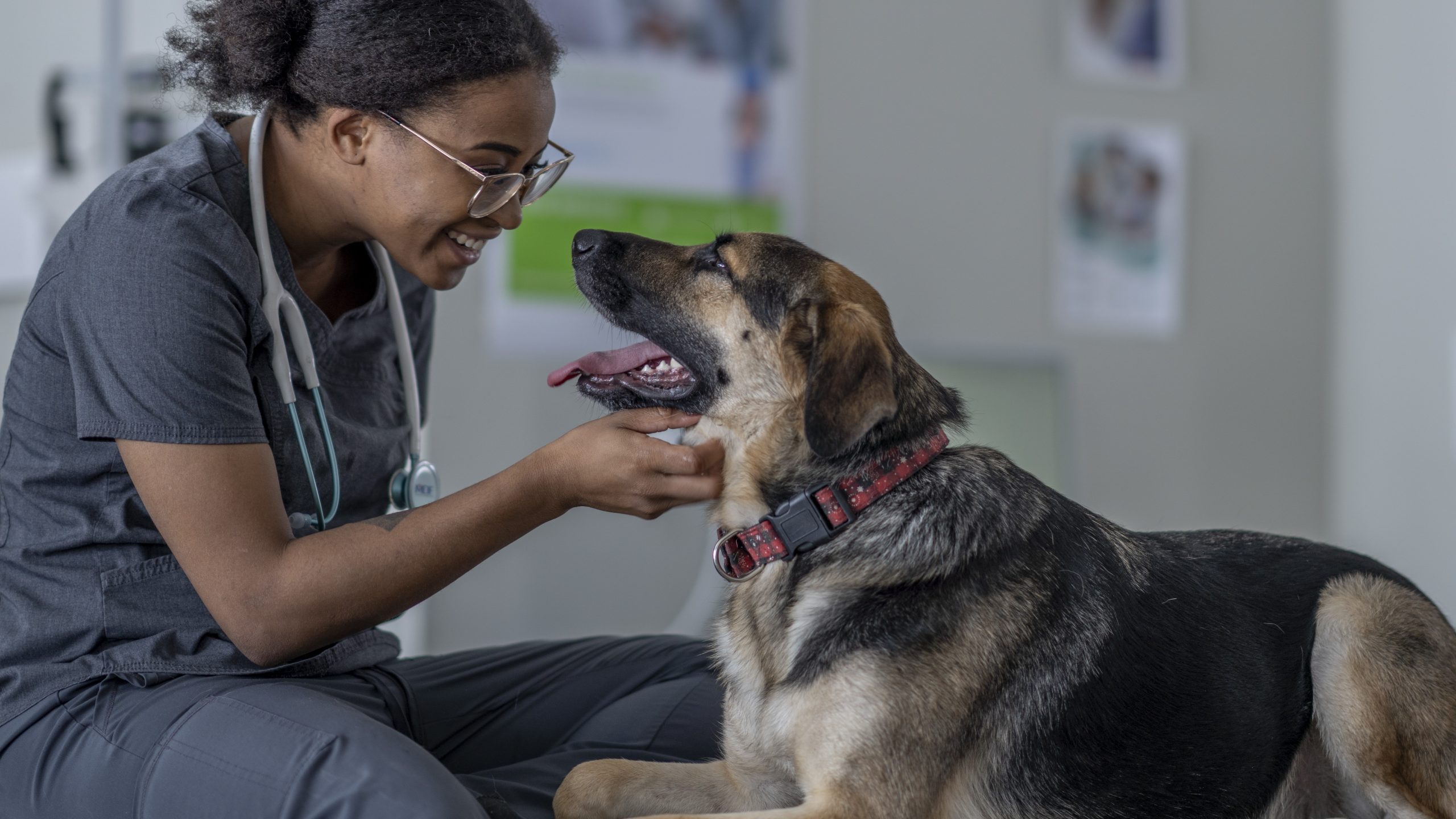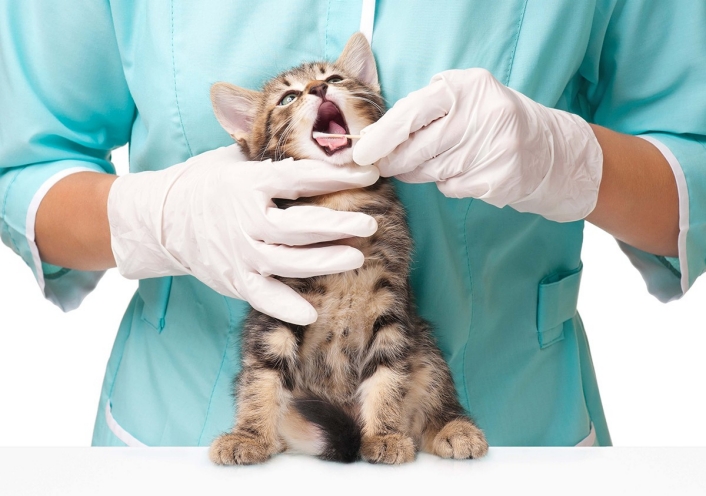What Makes a Trusted Vet Greensburg the most effective Choice for Family Pet Care
What Makes a Trusted Vet Greensburg the most effective Choice for Family Pet Care
Blog Article
Revealing the Crucial Duty of Veterinarians in Pet Health
The multifaceted responsibilities of veterinarians expand far beyond the boundaries of traditional animal care, positioning them as vital factors to both specific pet health and more comprehensive ecological security. Their knowledge in illness avoidance, dietary support, and behavior monitoring plays an important function in the health of pet dogs and animals alike. The effects of their work resonate via public health and wild animals preservation initiatives, highlighting an intricate interplay typically neglected. As we check out these dimensions, the concern arises: what are the unseen challenges and chances that shape the future of vet medicine?
Relevance of Vet Care
Although numerous pet owners may regard veterinary treatment as a routine necessity, its significance extends far beyond mere check-ups. Vet treatment plays a critical duty in ensuring the general wellness and health of animals, encompassing a wide selection of solutions that address both preventive and restorative demands. Routine vet visits permit early detection of possible health problems, consequently raising the likelihood of successful therapy and healing.
Furthermore, veterinarians offer necessary guidance on nutrition, behavior, and general care, outfitting animal proprietors with the understanding needed to maintain their pets' high quality of life. Inoculations and parasite control are essential components of veterinary care, securing both private animals and the wider neighborhood from zoonotic diseases. The proficiency of vets is important in detecting and handling complicated medical conditions, assisting in sophisticated surgical treatments, and providing important emergency care.
On top of that, vet experts contribute dramatically to public health and wellness initiatives by keeping track of disease prevalence within animal populaces. Their role reaches guaranteeing food safety and security with the health and wellness monitoring of animals, influencing the farming market and human health alike. Thus, vet treatment is indispensable to both pet well-being and public safety, highlighting its significance in modern culture.
Functions in Disease Prevention
Veterinarians play a critical role in disease avoidance, serving as both guardians of pet health and wellness and protectors of public security. Their know-how is important in recognizing, surveillance, and regulating infectious conditions that can influence both human beings and animals. With routine wellness assessments and inoculations, veterinarians aid reduce the spread of zoonotic illness, which can have serious ramifications for public health.
Moreover, vets take part in proactive education, notifying pet dog proprietors and animals producers concerning best methods in hygiene and biosecurity. These actions are essential in preventing episodes, particularly in agricultural setups where close contact between animals can facilitate illness transmission. Furthermore, veterinarians often work together with public health and wellness authorities to track condition patterns and create feedback approaches, guaranteeing that potential health and wellness dangers are addressed swiftly.
Veterinarians also perform research study to comprehend illness devices and boost diagnostic methods, adding considerably to the advancement of precautionary medicine. By promoting liable family pet ownership, inoculation programs, and normal veterinary exams, they empower areas to take an active duty in illness prevention. Basically, the complex contributions of veterinarians are crucial in guarding not just animal populaces but additionally the health of the broader area.
Contribution to Food Safety And Security
Making certain food security is a vital facet of vet medication that directly influences public health. Veterinarians play an essential function in the food supply chain, from ranch to table, mitigating threats connected with foodborne illnesses. Their competence is vital in keeping an eye on animal health, implementing biosecurity measures, and managing the humane treatment of animals, which jointly contribute to the manufacturing of risk-free food items.

Additionally, vets educate farmers and food producers on ideal practices for pet husbandry and hygiene, which additionally improves food safety. By collaborating with public health and wellness officials, veterinarians aid trace and control outbreaks of foodborne microorganisms, consequently securing customer health. Their complex contributions are important in maintaining the honesty and security of our food systems.
Impact on Wildlife Conservation
The function of veterinarians expands past domestic animals to include substantial contributions to wildlife conservation efforts. These professionals are pivotal in taking care of and shielding wildlife populaces, specifically when faced with environment loss, environment modification, and human infringement. Vets take part in different tasks, consisting of wildlife recovery, populace wellness evaluations, and illness security.
In wildlife rehabilitation, veterinarians provide treatment to wounded or unwell animals, promoting their recovery and effective reintegration right into their natural habitats. They also conduct health assessments on wild populations, which are critical for monitoring the overall health of ecosystems. Vet Greensburg. By determining and managing illness that can spread between wild animals and domestic pets, vets play an essential role in avoiding possible break outs that could endanger both animal and human populaces
Moreover, veterinarians join conservation techniques by advising on ideal practices for environment administration read what he said and species protection, commonly teaming up with preservation companies and governmental firms. Their competence in animal health and wellness and welfare is important in developing policies that benefit not only wildlife but likewise the biodiversity that sustains eco-friendly balance. Via these efforts, vets significantly add to the preservation of wildlife and the ecosystems they occupy.
Developments in Veterinary Medicine
Current advancements in veterinary medication have significantly boosted the ability to deal with both residential and wildlife health challenges. Innovations in diagnostic modern technologies, such as innovative imaging strategies and molecular diagnostics, make it possible for vets to identify diseases at earlier phases, ultimately enhancing therapy results. For example, the application of PCR (polymerase chain reaction) testing has actually changed the discovery of contagious diseases, permitting for rapid and precise identification of microorganisms.

Advancements in injection advancement, especially using recombinant and mRNA innovations, have additionally played a critical duty in protecting against break outs and managing zoonotic diseases. These vaccinations offer boosted effectiveness and security profiles, profiting animal populaces and public wellness alike.
Finally, the boosting concentrate on One Health and wellness initiatives stresses the interconnectedness of human, pet, and environmental health, promoting collaborative efforts among veterinarians, physician, and ecologists. This alternative technique is essential for proactive management and disease avoidance in a swiftly altering globe.
Conclusion
To conclude, the multifaceted duty of vets prolongs much beyond traditional pet care, including disease avoidance, food safety, and wild animals conservation. Their competence not just enhances the wellness and health of residential pets however likewise safeguards public wellness and environmental equilibrium. As developments in vet medicine proceed to emerge, the importance of vets in advertising pet welfare and ensuring sustainable techniques comes to be increasingly vital, highlighting their important contribution to society and the environment.

Additionally, vets frequently collaborate with public health authorities to track disease patterns and establish reaction strategies, guaranteeing that prospective health threats are addressed promptly.
By working together with public wellness authorities, vets assist trace and control episodes of foodborne microorganisms, thus safeguarding customer health. Their know-how not only enhances the health and wellness and well-being of domestic pets but also safeguards public wellness and ecological equilibrium.
Report this page